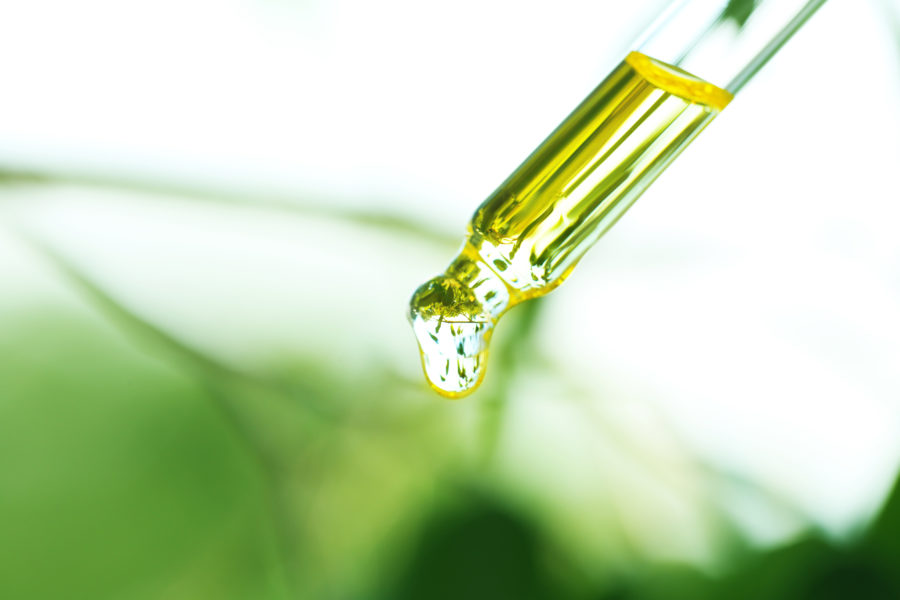Understand what toxins are, and what natural remedies you can use to protect your horse from their harmful effects.
When the organs of elimination become overburdened due to physical and/or toxic stressors, they are no longer able to function as nature intended. The toxins and unusable waste begin to build up in this “clearing house”, preventing efficiency within the systems. When this happens, we begin to see a myriad of dis-ease in our horses that may go mis- or undiagnosed.
All too often antibiotics or steroids are the protocol used in an attempt to cure these illnesses. But while they may mask the symptomatic issues momentarily, they will add fuel to the fire by accumulating more toxins for the already overburdened organs to try to process. So how do we end this cycle and bring our horses back to health? The first step is to gain a deeper understanding of the toxins that put us and our equine companions at risk.
What are toxins?
Toxins are small molecules that are capable of causing disease on contact or upon absorption by body tissues.
Where do they come from?
Toxins can be found in a variety of sources, including:
- Synthetic ingredients that the body doesn’t recognize, such as pharmaceuticals
- Vaccines
- Insect repellents
- Chemical-based cleaners
- Commercial feed containing GMO ingredients
- Environment – air and water pollution, certain plants
- Hay grown using chemical sprays
- Mold
How do they affect health?
Poor health due to toxins is often caused by toxicity that accumulates in the organs (i.e. liver, kidneys, intestines, etc.), GI tract, colon, blood and the lymphatic system. That said, numerous systems can be affected, including:
- Neurological
- Digestive
- Immune
- Lymphatic
- Cardiovascular
After time, a horse’s mood and behavior can also be affected by toxicity in the body.
How to protect your horse
When it comes to protecting your horse from toxins, limiting the known causes of toxicity will help immensely. Once the toxins are removed, the horse can efficiently absorb nutrients and supplements with ease to create a healthy environment for his immune system, as well as the functionality of his organs.
Below is a list of herbs and/or superfoods that can safely be used on a semi-regular basis to prevent toxic overload:
Bladderwrack cleanses the digestive tract. This algae is a primary source of alginic acid that binds with heavy metals found in the intestines, renders, and then eliminates. It also helps bind and draw out toxins stored in the body, removing the body’s burden.
Schisandra is a plant that contains about 40 lignans (polyphenols found in plants). It enhances glutathione production in the liver, a very important cellular antioxidant that helps rid the body of heavy metals and other toxins.
Broccoli sprouts support all phases of detox including activating, neutralizing, and eliminating contaminants.
Dandelion (leaf and root) is a powerhouse of essential nutrients, minerals, potassium and antioxidants that cleanses the digestive tract, urinary tract, and the kidneys.
Calcium Bentonite performs like a magnet in the body, absorbing and pulling toxins from the digestive tract, intestines, stomach and colon.
The synergy between the power and energy of herbs and superfoods creates plant medicine to heal, cleanse, fortify and instill internal balance. Talk to an herbalist about creating a detoxifying blend for your horse, or invest in a high-quality herbal supplement that’s been formulated with his health and harmony in mind.








